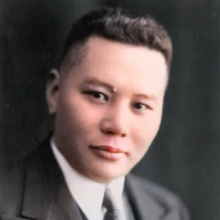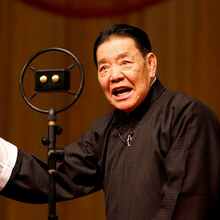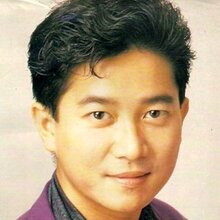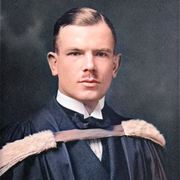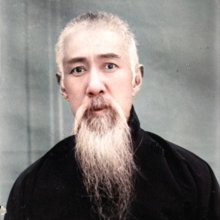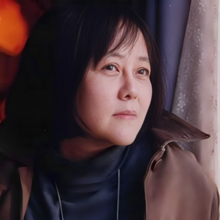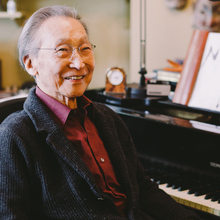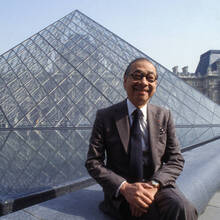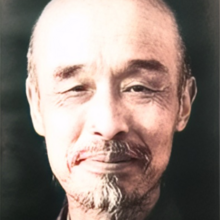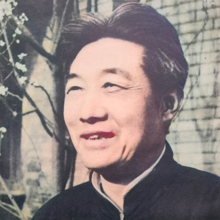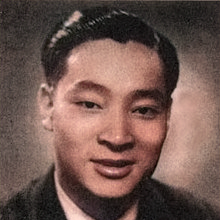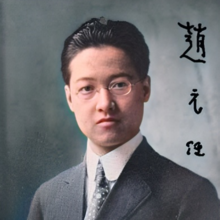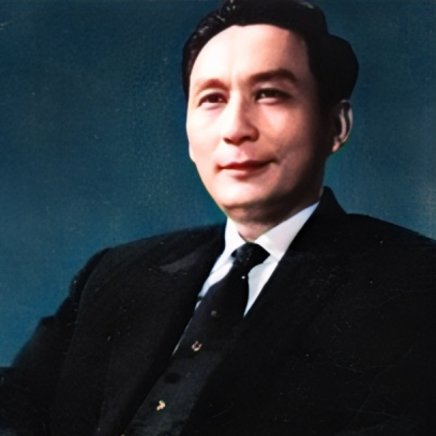
Personal
Other names:
Job / Known for:
Actor and director
Left traces:
Created influential films
Born
Date:
1911-12-06
Location:
CN
Shanghai
Died
Date:
1969-04-23 (aged 58)
Resting place:
CN
Beijing
Death Cause:
Persecution during the Cultural Revolution
Family
Spouse:
Children:
Parent(s):
QR Code:
Show More
Rank
Users ranking to :
Thanks, you rate star
Ranking
5.0
1
About me / Bio:
Show More
Article for Zheng Junli
Died profile like Zheng Junli
Comments:

